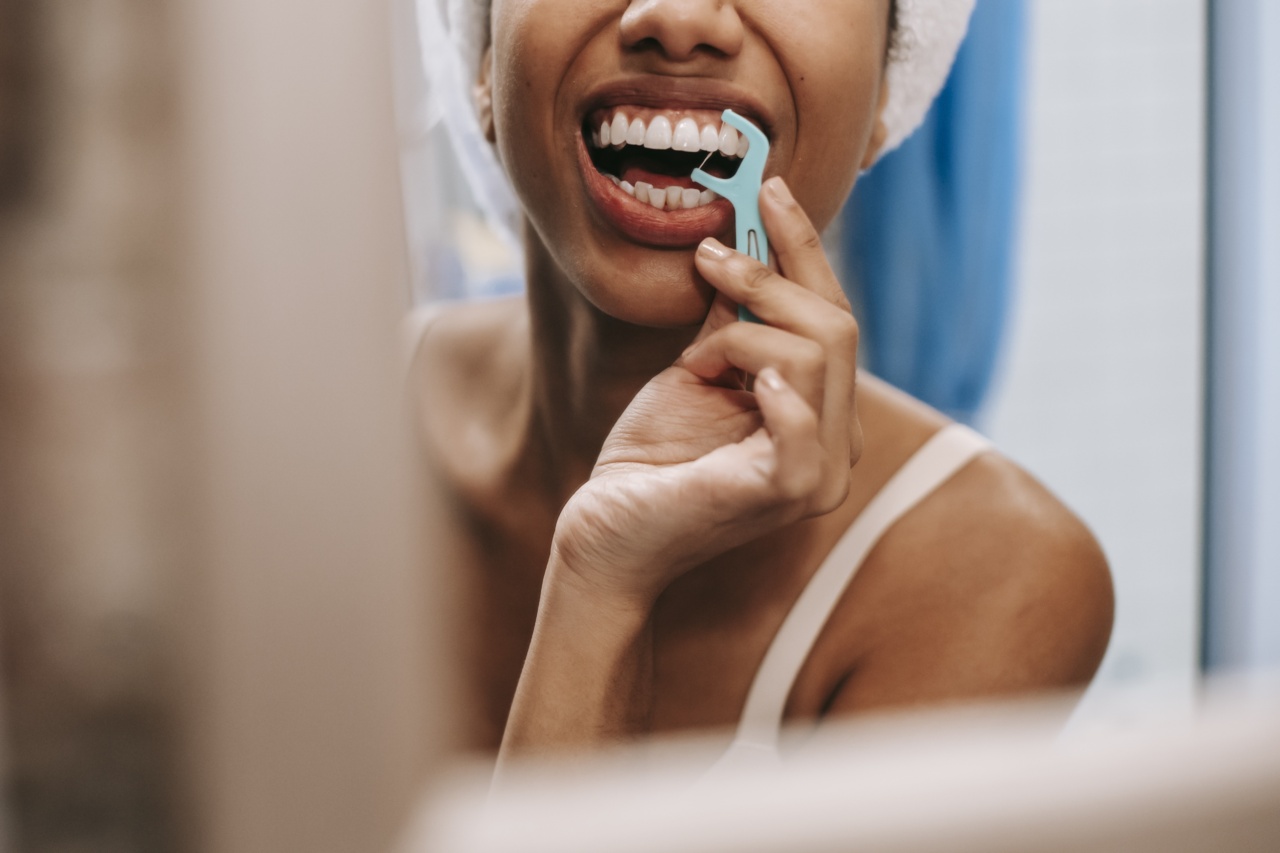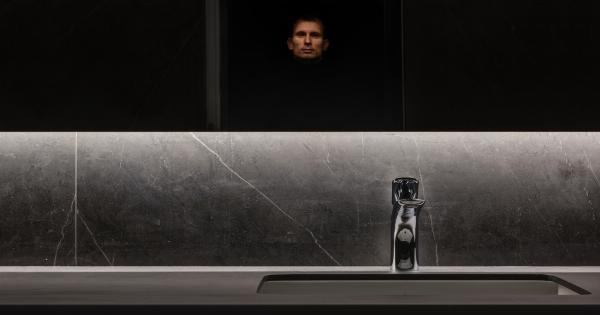Have you ever wondered why you find yourself making frequent trips to the bathroom during the night? Or maybe you’re curious about what could be causing your loved ones to experience such interruptions in their sleep? Look no further than Nepturia, a phenomenon that affects countless individuals worldwide. In this article, we will uncover the truth about nighttime bathroom habits, exploring the causes, potential solutions, and coping mechanisms associated with Nepturia.
What is Nepturia?
Nepturia, also known as nocturia, is a condition characterized by excessive urination during the nighttime. It refers to the need to wake up multiple times to empty the bladder when one should ideally be asleep.
While occasional trips to the bathroom are normal, Nepturia becomes a concern when it significantly disrupts sleep patterns and overall quality of life.
Potential Causes of Nepturia
Nepturia can be triggered by various factors, including:.
1. Fluid Intake Before Bedtime
Consuming excessive fluids, especially those with diuretic properties, shortly before going to bed can lead to increased urine production during the night.
Alcoholic and caffeinated beverages are particularly known to promote diuresis, enhancing the chances of Nepturia.
2. Medical Conditions
Certain medical conditions, such as urinary tract infections, bladder or prostate issues, diabetes, heart disease, and kidney disorders, can contribute to Nepturia.
These conditions may lead to increased urine production, urinary urgency, or impaired bladder control, disrupting sleep patterns.
3. Medications and Diuretics
Some medications, such as diuretics used to treat high blood pressure, can cause nighttime diuresis. These drugs increase urine production, potentially leading to Nepturia in individuals who consume them.
4. Aging Process
As we age, various bodily functions undergo changes, including urine production and bladder capacity. The aging process can lead to a decrease in bladder capacity and impaired bladder control, making Nepturia more common among older adults.
Managing Nepturia
Although frequent nighttime bathroom trips can be disruptive, there are several strategies that can help manage Nepturia and improve sleep quality. These include:.
1. Limit Fluid Intake Before Bed
To reduce the likelihood of nighttime bathroom visits, it can be helpful to limit fluid intake, especially diuretic beverages, a few hours before bedtime.
However, it is vital to strike a balance, as inadequate hydration can have adverse effects on overall health.
2. Adjusting Medication Schedules
If medications are contributory, consulting with a healthcare professional to discuss altering the dosage timings or exploring alternative options can be beneficial. However, it is essential never to adjust or stop medications without medical guidance.
3. Behavior Modification
Practicing behavior modification techniques, such as double voiding (urinating twice before bed) or bladder training exercises, can help improve bladder control and reduce nocturia episodes.
4. Addressing Underlying Medical Conditions
Treating any underlying medical condition contributing to Nepturia is crucial. Seeking medical advice and following the recommended treatment plan can significantly reduce nocturia episodes and improve overall sleep quality.
5. Bedroom Modification
Making simple changes to the bedroom environment can also aid in managing Nepturia.
This includes ensuring easy and safe access to the bathroom, using nightlights to navigate during nighttime visits, and having comfortable and absorbent bedding in case of any accidents.
When to Seek Medical Advice
While occasional nighttime bathroom visits might not be alarming, persistent and severe episodes of Nepturia should not be ignored.
It is advisable to consult a healthcare professional when Nepturia significantly affects sleep patterns, causes excessive daytime fatigue, or is accompanied by other concerning symptoms.
The Importance of Addressing Nepturia
Nepturia can have significant implications on an individual’s quality of life. Sleep deprivation can lead to reduced productivity, impaired cognitive function, increased risk of accidents, and even psychological distress.
Addressing Nepturia is crucial to ensure optimal physical and mental well-being.
Coping with Nepturia
Coping with Nepturia goes beyond managing the condition itself.
It involves adopting healthy sleep hygiene practices, such as establishing a regular sleep schedule, creating a conducive sleep environment, and practicing relaxation techniques to combat sleep disturbances caused by frequent nighttime bathroom trips.
Conclusion
Nepturia can significantly impact an individual’s sleep patterns and overall well-being.
By understanding the potential causes and implementing appropriate management strategies, individuals can effectively cope with Nepturia and improve their quality of life. If Nepturia persists or worsens despite self-help measures, consulting a healthcare professional is of utmost importance for proper diagnosis and treatment.






























